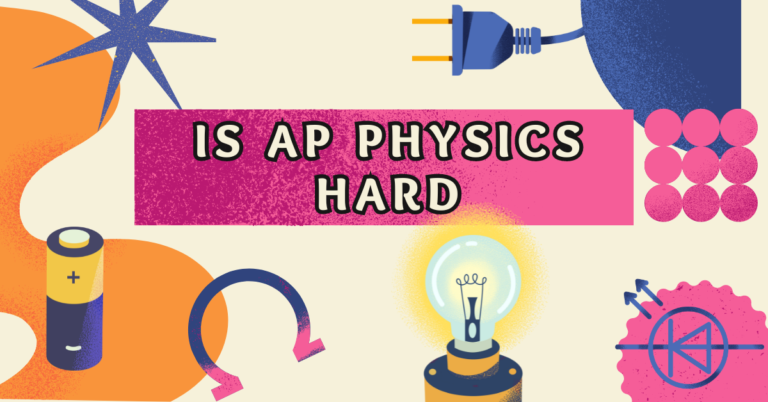The difficulty of AP (Advanced Placement) Physics can vary depending on factors such as your background in physics and mathematics, your study habits, and your level of dedication. AP Physics courses are designed to be challenging and rigorous, as they cover advanced topics in physics and prepare students for college-level coursework and examinations.
AP Physics courses typically require a solid understanding of algebra and trigonometry and proficiency in mathematical problem-solving. Students must apply mathematical concepts to analyze physical phenomena, understand scientific principles, and solve complex problems.
The level of difficulty may also depend on which AP Physics course you take:
AP Physics 1:
AP Physics 1 covers topics in classical mechanics, including kinematics, dynamics, and energy. It emphasizes conceptual understanding and reasoning skills, as well as laboratory investigations. Some students find AP Physics 1 challenging due to its emphasis on applying physics principles to real-world situations and mastering fundamental concepts.
AP Physics 2:
AP Physics 2 covers topics in fluid mechanics, thermodynamics, electricity, magnetism, optics, and modern physics. It delves into more complex and abstract concepts than AP Physics 1, requiring students to apply mathematical reasoning and critical thinking skills to analyze a wide range of physical phenomena. AP Physics 2 may be perceived as more challenging due to its broader scope and depth of content.
AP Physics c:
AP Physics C consists of two separate courses: AP Physics C: Mechanics and AP Physics C: Electricity and Magnetism. These courses cover topics typically found in introductory college-level physics courses, including calculus-based mechanics and electromagnetism. AP Physics C is often considered the most challenging of the AP Physics courses due to its use of calculus and its rigorous mathematical approach.
While AP Physics courses can be demanding, they provide valuable opportunities for intellectual growth, critical thinking, and problem-solving skills development. With dedication, effective study strategies, and support from teachers and peers, many students succeed in AP Physics and achieve their academic goals.

